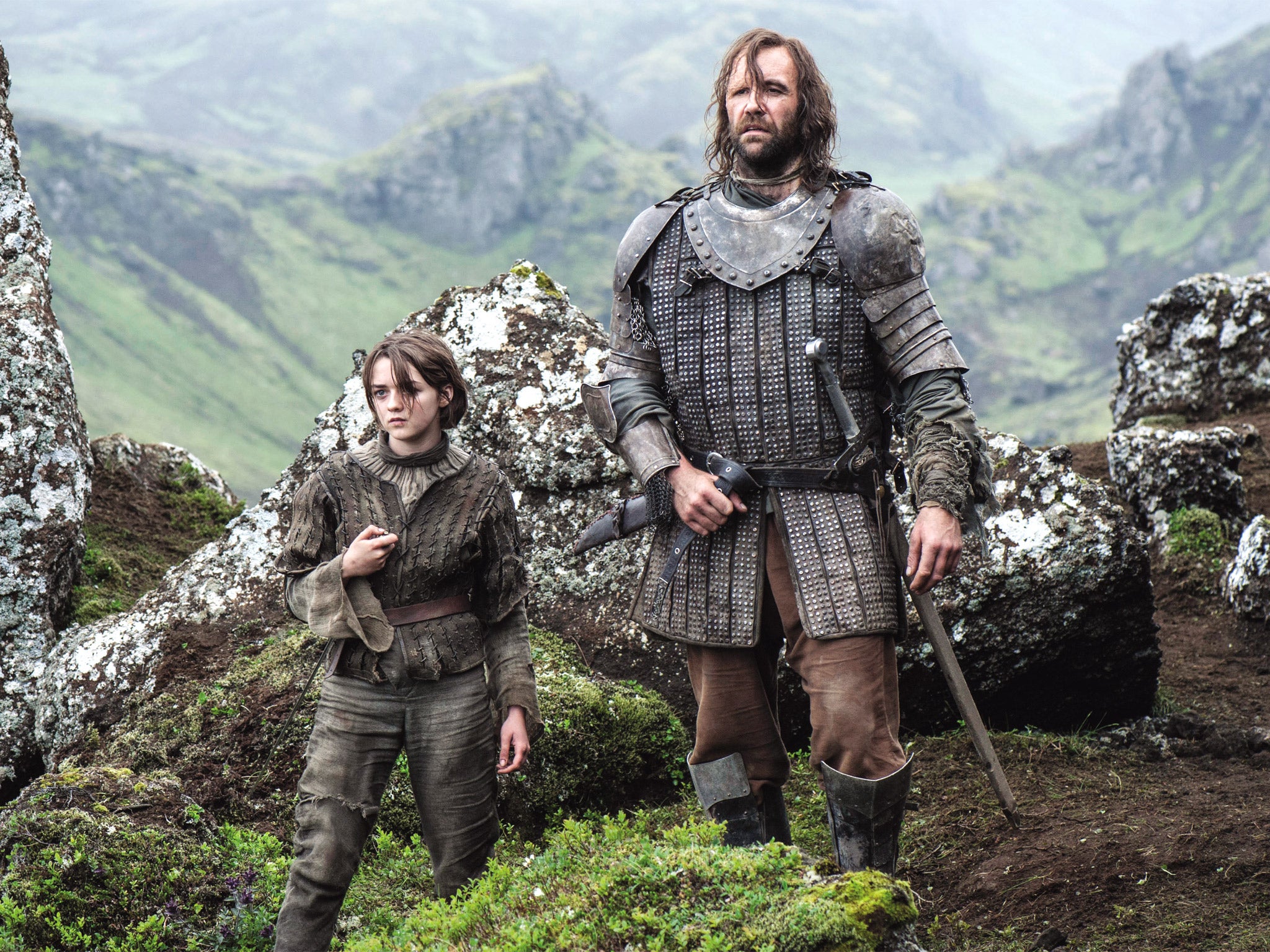UK pirates will get four warning letters a year
Households that download illegal content (such as Game of Thrones, above, the most pirated TV show to date) will receive only warnings

Your support helps us to tell the story
From reproductive rights to climate change to Big Tech, The Independent is on the ground when the story is developing. Whether it's investigating the financials of Elon Musk's pro-Trump PAC or producing our latest documentary, 'The A Word', which shines a light on the American women fighting for reproductive rights, we know how important it is to parse out the facts from the messaging.
At such a critical moment in US history, we need reporters on the ground. Your donation allows us to keep sending journalists to speak to both sides of the story.
The Independent is trusted by Americans across the entire political spectrum. And unlike many other quality news outlets, we choose not to lock Americans out of our reporting and analysis with paywalls. We believe quality journalism should be available to everyone, paid for by those who can afford it.
Your support makes all the difference.Households in the UK that persistently pirate music and movies online will receive emails warning them that their actions are illegal from next year.
The warnings are part of a new scheme brokered between internet service providers (ISPs) and the industry bodies representing content copyright holders to educate the public about online piracy.
From the beginning of 2015, up to four warnings will be sent annually to individuals suspected of online piracy, although if these warnings are ignored no further action will be taken.
The scheme is called Creative Content UK (previously known as the 'voluntary copyright alert programme' or Vcap) and is a significant step back from plans outlined in the Digital Economy Act 2010, which would have seen persistent pirates have their internet access cut.
Speaking in March this year, creative industries Minister Ed Vaizey said that implementing the act fully had been held back by “significant technical obstacles”.
In addition to cutting off internet access, industry rights holders also wanted the warnings to mention potential penalties facing pirates as well as giving the industry access to a database of known file-sharers.
In addition to the letters, the government has also pledged to contribute £3.5 million to a new educational campaign promoting legal ways to download music and movies.
Business secretary Vince Cable announced the scheme, saying: “It's a difficult industry to pin down and it's also difficult to protect. But unless you protect it then it's an industry that cannot function."
Figures published by Ofcom last year suggested that nearly a quarter of all downlaods in the UK were of pirated content, but that just two per cent of users accounted for nearly three quarters (74 per cent) of the volume of downloads.
Join our commenting forum
Join thought-provoking conversations, follow other Independent readers and see their replies
Comments